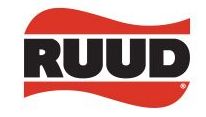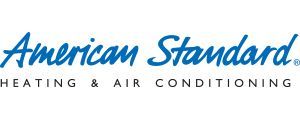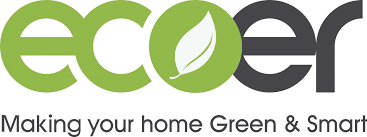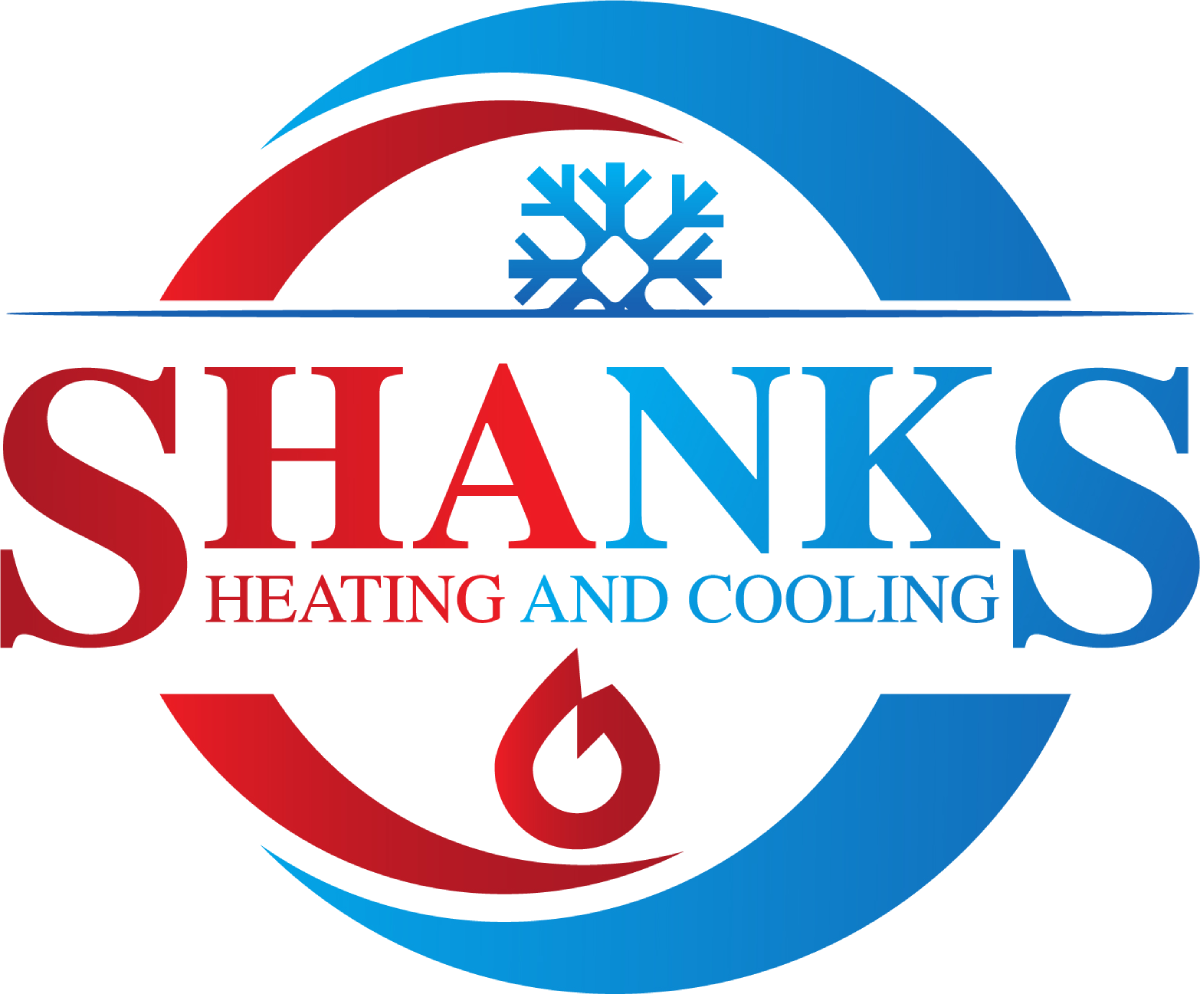The #1 HVAC Company in the Northland!
Serving Kearney, Liberty, MO and the Surrounding Area
FAQs
Shanks Heating & Cooling
Have an HVAC-related question? We have the answer. Check out these FAQs and give us a call today for more information!
-
What is HVAC and what does it do?
HVAC stands for heating, ventilation, and air conditioning. It is a system that provides comfort and indoor air quality for your home or building. HVAC systems can include furnaces, heat pumps, air conditioners, ducts, vents, filters, thermostats, and more. If you need an HVAC check up, give our team at Shanks Heating & Cooling a call!
-
How often should I have my HVAC system serviced?
It is recommended that you have your HVAC system serviced at least once a year, preferably before the heating or cooling season. A professional HVAC or air conditioning service can help you maintain the efficiency, performance, and safety of your system, as well as prevent costly repairs or breakdowns.
-
How often should I replace my HVAC air filters?
The frequency of replacing your HVAC air filters depends on several factors, such as the type and size of the filter, the amount of dust and debris in your home, and the presence of pets or allergies. Generally, you should check your filters every month and replace them when they are dirty or clogged. A clean filter can improve your indoor air quality, reduce energy consumption, and extend the life of your system. If you need further assistance from HVAC companies, reach out to our team!
-
What are the benefits of a programmable thermostat?
A programmable thermostat is a device that allows you to set different temperatures for different times of the day and week. A programmable thermostat can help you save energy and money by adjusting the temperature according to your schedule and preferences. For example, you can lower the temperature at night or when you are away and raise it when you are at home or awake. If you're looking for HVAC companies to install a new thermostat, we would love to assist you!
-
What is the best thermostat setting for summer and winter?
The best thermostat setting for summer and winter depends on your personal comfort level and energy efficiency goals. However, a general guideline recommended by HVAC companies and our experts is to set your thermostat to 78°F in the summer and 68°F in the winter when you are at home and lower or higher by 10°F when you are away or sleeping. In our experience, this can help you save up to 10% on your heating and cooling costs.
-
What is the difference between a heat pump and an air conditioner?
A heat pump and an air conditioner are both devices that transfer heat from one place to another. However, a heat pump can work in both directions, meaning it can provide both heating and cooling for your home. An air conditioner can only provide cooling. A heat pump can be more efficient and cost-effective than an air conditioner in mild climates, but it may need a backup heating source in colder regions. If you need help with a heat pump or air conditioning service, our team would be happy to assist you!
-
What are the signs that I need to replace my HVAC system?
In our team's experience, here are some of the signs that you may need to replace your HVAC system:
- Your system is more than 10 years old and has frequent or major repairs
- Your system is not keeping your home comfortable or has uneven temperatures
- Your system is making loud or strange noises or emitting bad odors
- Your system is using more energy than usual or causing high utility bills
- Your system is leaking refrigerant or water
According to CNET, the average life expectancy of an HVAC unit is between 12 to 15 years. If you're seeing any of these warning signs, call our team for HVAC or furnace repair! Otherwise, it might be time for a replacement.
-
How can I improve my indoor air quality?
Indoor air quality is the quality of the air inside your home or building, and it can affect your health and comfort. Here are some steps HVAC companies suggest to improve your indoor air quality:
- Change your HVAC air filters regularly and use high-efficiency filters
- Install an air purifier, humidifier, or dehumidifier to control the level of pollutants, moisture, and allergens in the air
- Ventilate your home by opening windows, using exhaust fans, or installing an energy recovery ventilator
- Clean your ducts and vents to remove dust, mold, and debris
- Avoid smoking, burning candles, or using harsh chemicals indoors
-
What are the benefits of HVAC zoning?
HVAC zoning is a system that divides your home or building into different zones, each with its own thermostat and temperature control. HVAC zoning can offer you the following benefits:
- Increased comfort and customization by allowing you to set different temperatures for different rooms or areas
- Reduced energy consumption and costs by avoiding heating or cooling unused or less-used spaces
- Extended system life and reduced wear and tear by minimizing the workload and run time of your system
Are you wondering about the efficiency of your system? Schedule an HVAC check up with a member of our team!
-
What is R-22 and why is it being phased out?
R-22 is a refrigerant that is used in some older HVAC systems. It is also known as Freon or HCFC-22. R-22 is being phased out because it is harmful to the ozone layer and contributes to global warming. The production and import of R-22 were banned in the U.S. in 2020, and the supply will become scarce and expensive.
If you have a system that uses R-22, you may want to consider replacing it with a more environmentally friendly and efficient system that uses a newer refrigerant, such as R-410A. We're one of the local HVAC companies in the area who can assist you with this project!



serving
Kearney, MO
Liberty, MO
North Kansas City, MO
Excelsior Springs, MO
Smithville, MO
and surrounding areas
Contact Us
104 S Jefferson
Kearney, MO 64060
Main Phone: (816) 280-6043
Alternate Phone: (816) 258-2056

Share On: